Types of Plastic: Guide to Different Plastic Types
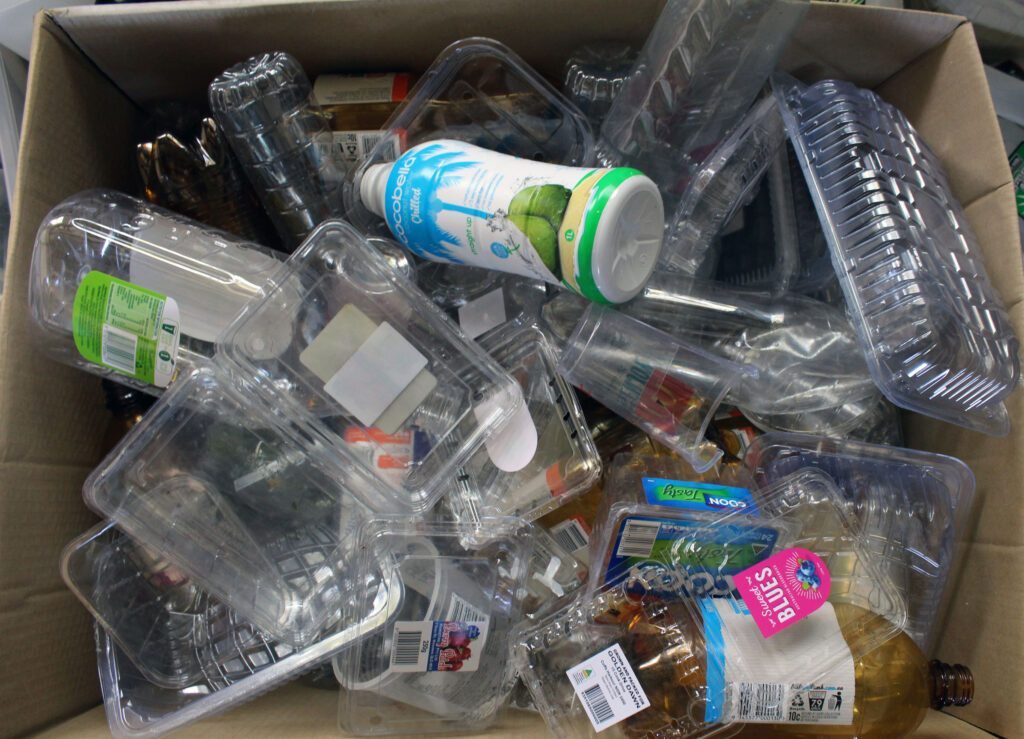
Plastics are an extremely useful and flexible material. Because of this we often use plastics in our daily lives without giving them a second thought. One of the things that is overlooked when it comes to plastic types (although general awareness is growing) is that not all plastics are created equal when it comes to […]
How Fast Fashion is Bad for the Environment
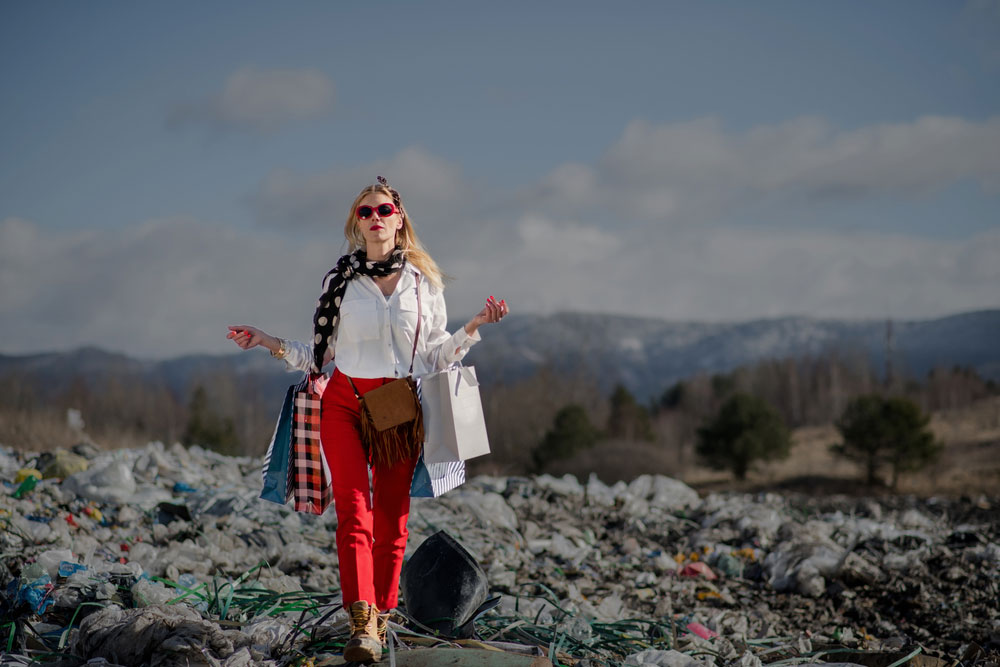
Yves Saint Laurent was once quoted as saying, “fashions fade, style is eternal.” Sadly, with the arrival of the fast fashion movement, fashion these days does not have a chance to fade, it is almost immediately replaced with something new, as quickly as it arrives. Coupled with the immediacy of social media, the need to […]
World Bank Plastic Waste Reduction-Linked Bond FAQ

QUESTIONS & ANSWERS How does the bond work? The Plastic Waste Reduction-Linked Bond is a USD 100 million 7-year principal protected bond issued by the International Bank for Reconstruction and Development (“IBRD” or the “World Bank”) with a unique feature, whereby the return for investors is linked to the issuance and monetization of […]
WORLD BANK / FEATURE STORY: Tackling the Plastics Pollution Crisis by Channeling Private Capital to Projects that Reduce Plastic Waste
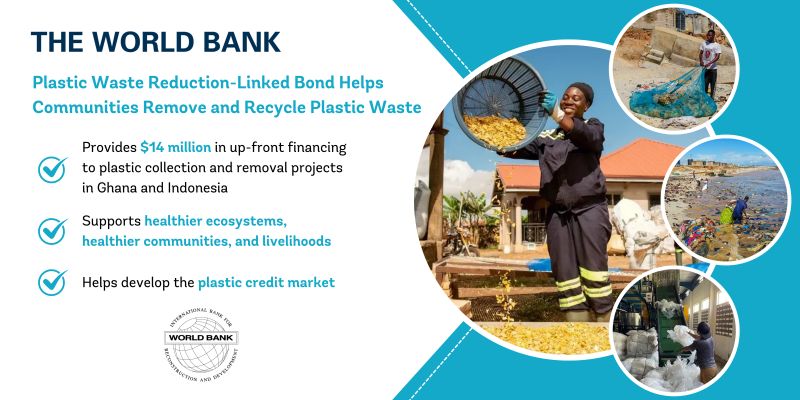
WORLD BANK/ FEATURE STORY: Washington, D.C., January 24, 2024 Of the nearly 350 million tons of plastics that are produced annually, about 70 percent end up in managed landfills or are incinerated, about 10 percent is recycled and the remaining 20 percent simply escape into the environment. According to the OECD, nearly 1.7 million tons of […]
WORLD BANK / PRESS RELEASE: World Bank’s New Outcome Bond Helps Communities Remove and Recycle Plastic Waste
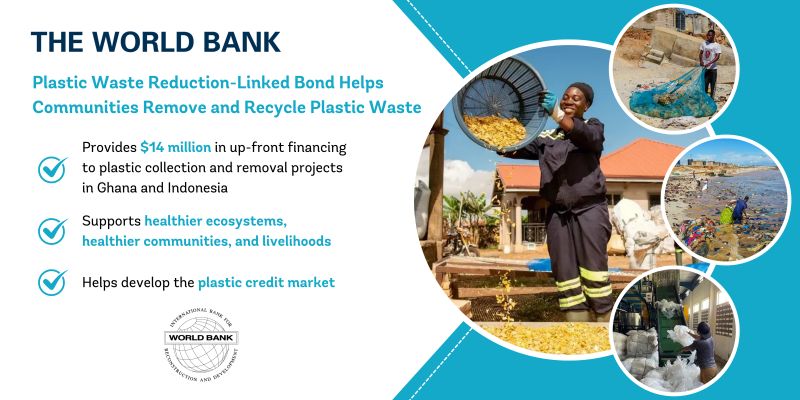
WORLD BANK PRESS RELEASE: WASHINGTON, January 24, 2024 The World Bank (International Bank for Reconstruction and Development, IBRD) today priced a seven-year $100 million, principal-protected Plastic Waste Reduction-Linked Bond. This innovative bond provides investors with a financial return linked to Plastic Waste Collection Credits, Plastic Waste Recycling Credits (collectively, plastic credits), and Verified Carbon Units […]
What is the Global Plastics Treaty?
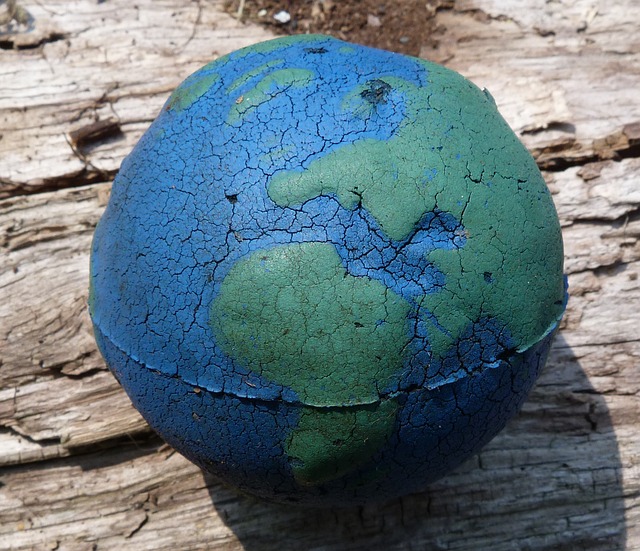
The Plastic Pollution Crisis The plastic pollution crisis began in the late 20th century when plastic waste increased exponentially and scientists in the 1970s began to see its effects on the environment. Plastic was a material that was once thought of as being the perfect material due to its flexibility as a manufacturing material, along […]
Plastic Pollution Facts, Data and Statistics – Plastic Collective
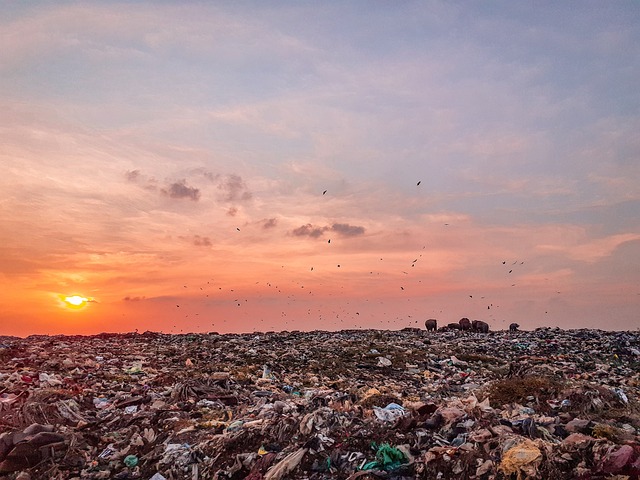
Plastic has permeated every aspect of human life due to its durability, versatility, and affordability. However, the convenience of using plastic comes at a steep environmental cost. The reality of plastic pollution extends beyond littered beaches and overflowing landfills. It impacts the ecosystem we depend upon. The aftermath of this man-made material is now an […]
Plastic Collective’s to Pledge to Improve Welfare of Plastic Waste Collectors in Emerging Nations

For almost eight years Plastic Collective has been working with remote and vulnerable communities around the world to address the plastic waste crisis where plastic leakage into nature is most extreme and destructive. Siblings Louise, Stephen and Dianne Hardman founded the business to address mismanaged plastic waste that leaks into oceans and nature and goes […]
The Plastic Impact on Climate Change
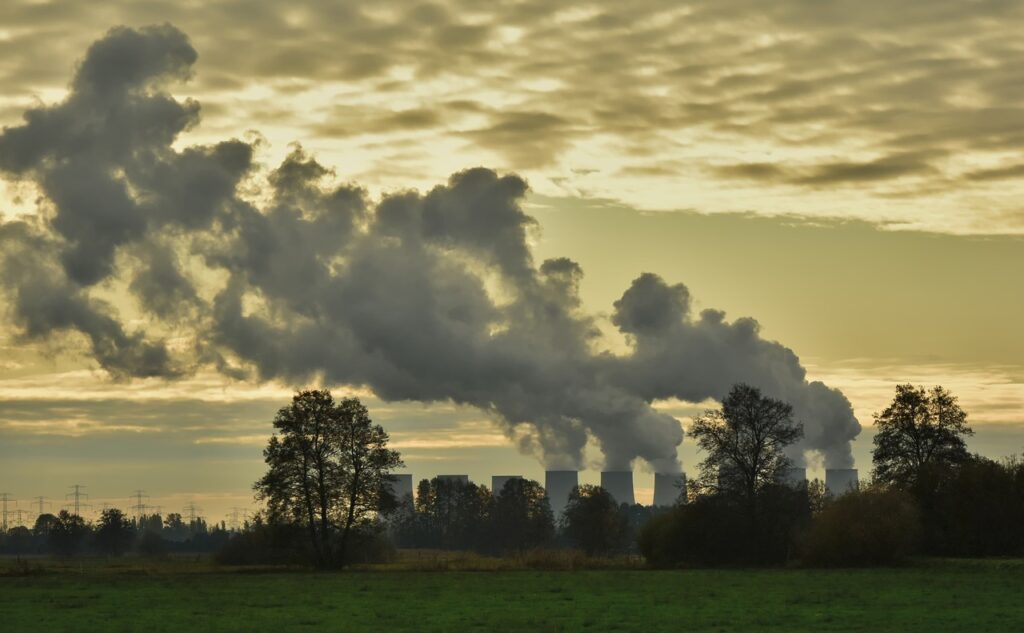
Climate change is a topic that is currently garnering a lot of attention in the media, especially with reports of unseasonal and extreme weather events that are taking place around the world. With this increased scrutiny there is a focus on the various contributing climate impact factors to identify what can be done to tackle […]
What is the Great Pacific Garbage Patch?
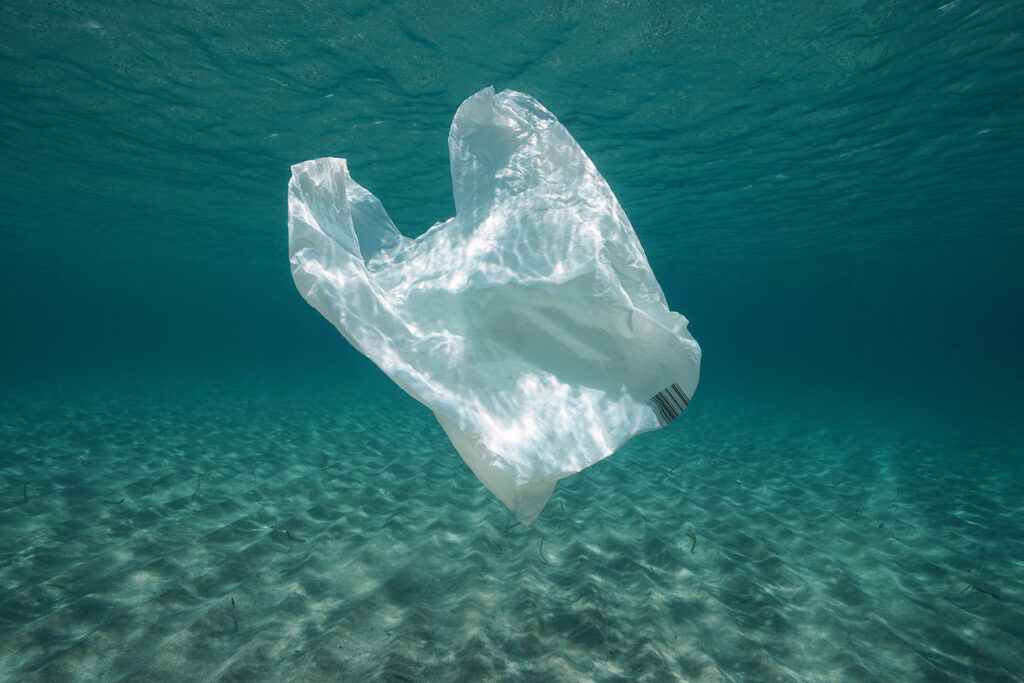
The Great Pacific Garbage Patch (GPGP) is a vast area in the North Pacific Ocean where marine debris, primarily plastics, has accumulated due to ocean currents. What we have come to know as the great pacific garbage patch was first discovered by Captain Charles Moore in 1997 when sailing back after a yacht race. Its […]
